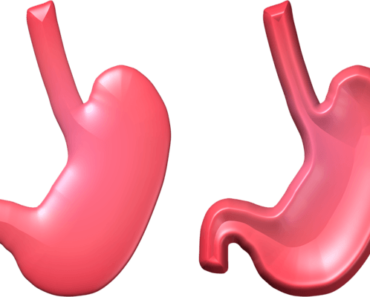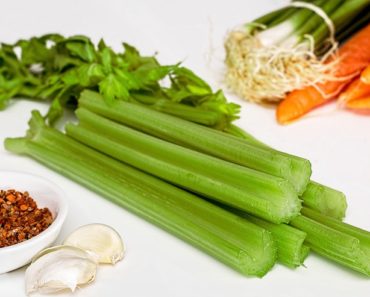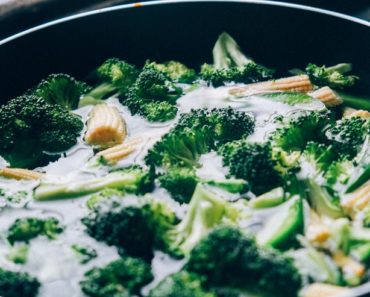

Cooking over a hot stove is probably the last thing anyone wants to do when it’s burning up outside. We may also find that our appetites naturally decrease in hot weather as the body tries to cut down on heat producing activities like digestion.
And finally, sweating more means we need to increase our fluid intake, but water doesn’t offer the crucial nutrients required on a daily basis. So what to eat when temperatures rise?
Following are the main issues to address in a great heat-busting meal, along with the tasty ingredients needed to make it happen.
Summertime Problem: Too Hot to Cook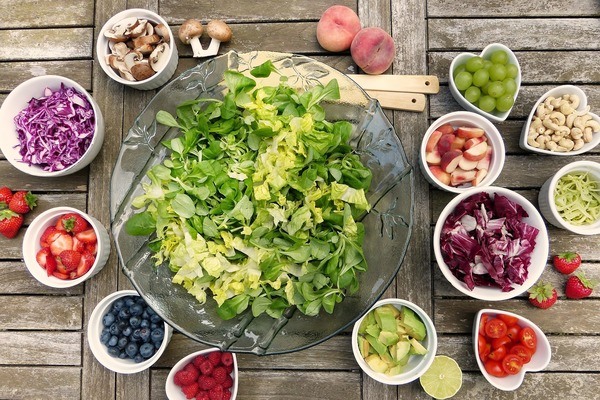
Salads are hugely popular summer meals. For starters, they require very little heat, only what it takes to cook any protein you plan to add.
As a cheat, you can cook up some chicken, fish, or lean steak first thing in the morning when it’s cooler, and simply refrigerate it until you’re ready to make dinner. Salads are also infinitely customizable, and done thoughtfully, contain all the protein, produce, and healthy fat required in a rounded meal, all in one bowl.
Another great choice is sandwiches, also highly customizable and delicious cold. For example, the classic BLT with avocado is refreshing and filling yet requires very little heat to prepare.
Bacon actually cooks very nicely in the microwave, or you can buy pre-cooked bacon during the summer. Toasting bread does require some heat, but you generally don’t need to stand over a toaster while it’s working.
There are many more delicious summer sandwich recipes, something to suit every fancy. Put out some fruit with your sandwich, and you’ve got a great summer meal.
Summertime Problem: Feeling Dehydrated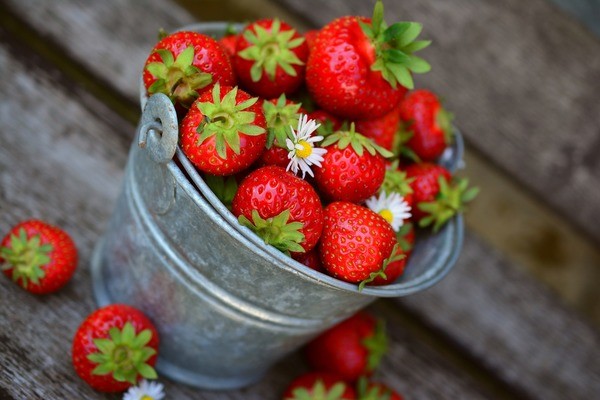
In hot and humid weather, our bodies sweat more in an effort to cool off. Therefore, we are losing more moisture than usual and must replenish this appropriately.
Obviously, a good first step is to drink more water, but drinking too much can make you feel full without providing necessary daily nutrients. Luckily, food can be nicely hydrating, too.
Here are some great rehydrating produce choices, and as a bonus, they are all light enough not to bog you down:
• Strawberries
• Melon
• Zucchini
• Lettuce
• Celery
• Cucumber
• Watermelon
• Citrus fruits
Other light meals that help to hydrate are soups and stews, but be careful to avoid ones that are overly salty. This can make you feel bloated and even more uncomfortable.
Check out a variety of delicious summer soup recipes – they take advantage of the freshest produce and can be served hot or cold.
Summertime Problem: Eating When You Don’t Feel Hungry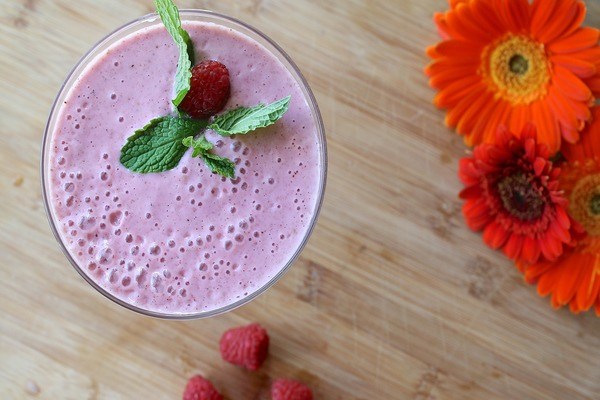
Hot days can easily suppress your appetite, but it’s still important to get your vitamins and minerals. It’s totally okay to eat light, though, as many of us regularly take in more calories than we need anyway.
Try breaking your meals down into five smaller sittings instead of the standard three. You may also want to replace one meal a day with a healthy smoothie, which takes less energy to digest while still containing excellent nutrition.
Another tip for eating when you don’t feel hungry is something that we wouldn’t recommend every day – eat in front of the TV. Generally thought to promote overeating, the distraction of watching television can also help you eat your vegetables when you feel listless from the heat.
Summertime Problem: Eating to Cool Down
The instinct is to eat something cold when you’re feeling hot, but this is not actually the best strategy.
While you will initially get a cold sensation from eating ice cream or popsicles, the body then gets hotter in an effort to bring the food’s temperature up to its preferred 98 degrees. Digestion itself takes a lot of energy and produces heat as a side effect, so you’ll get a compound effect.
Instead, it may actually be better to eat or drink something hot when you wish to cool down. Hot things make our core temperature rise, which triggers the body’s cooling mechanisms – notably, sweating.
Spicy foods also raise body temperature and boost metabolism, allowing the body to process your meals more quickly.
Armed with these summer meal strategies, you should be able to get through the hottest days with a minimum of suffering. Focus on smaller, more frequent meals, and add a bit of spice to trigger sweating.
Choose foods with a high water content to help replace the fluid lost. And don’t feel bad about serving cold salads and sandwiches or turning on the TV – just do what you’ve got to do on those brutally hot days, no one will judge you!

